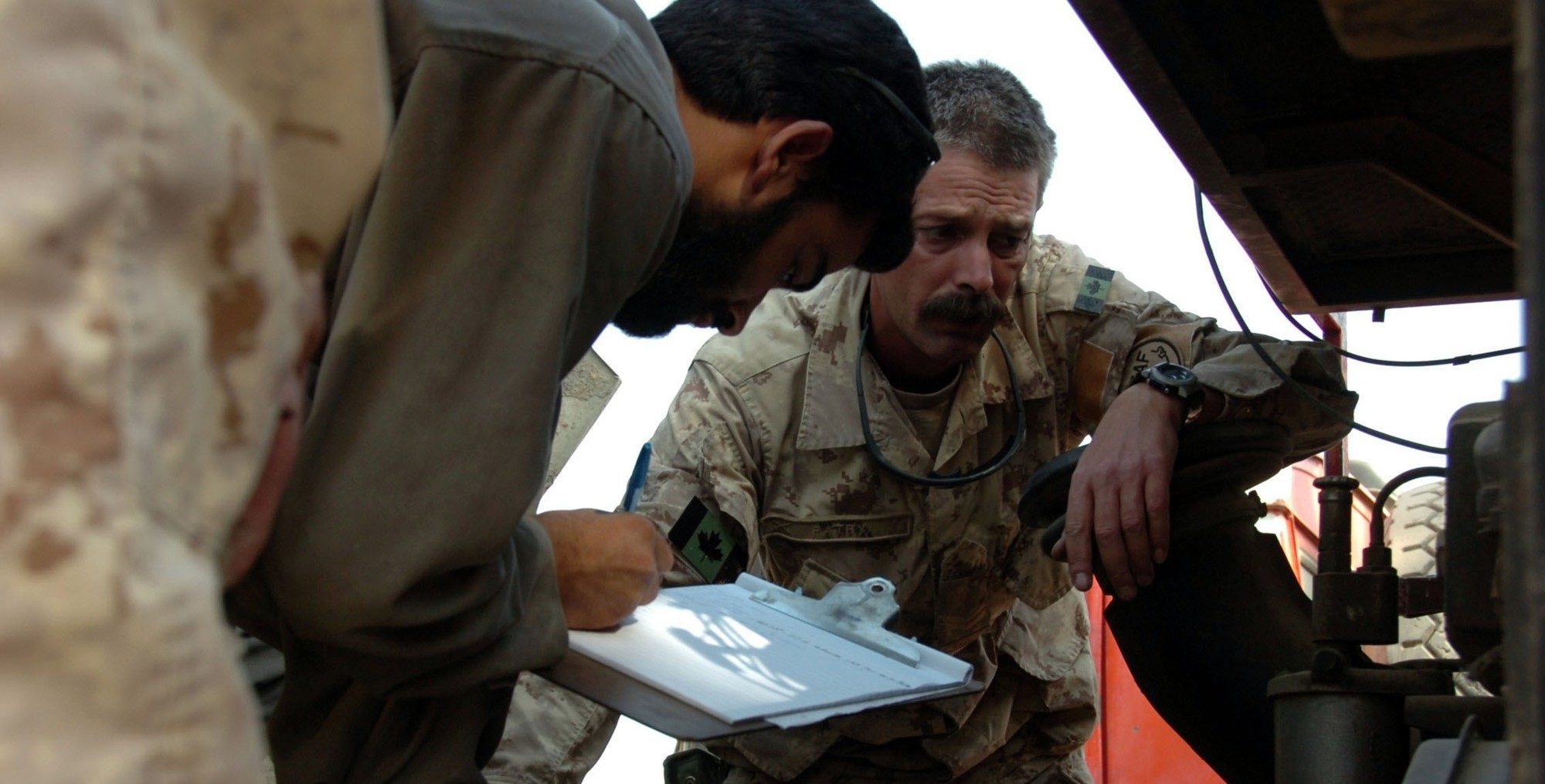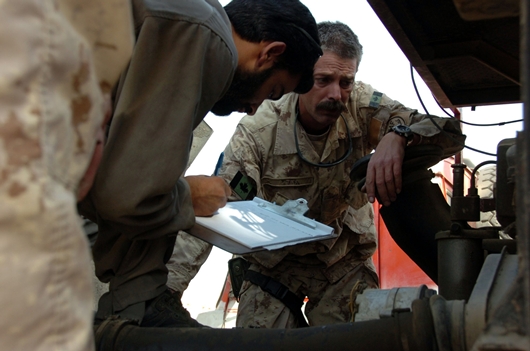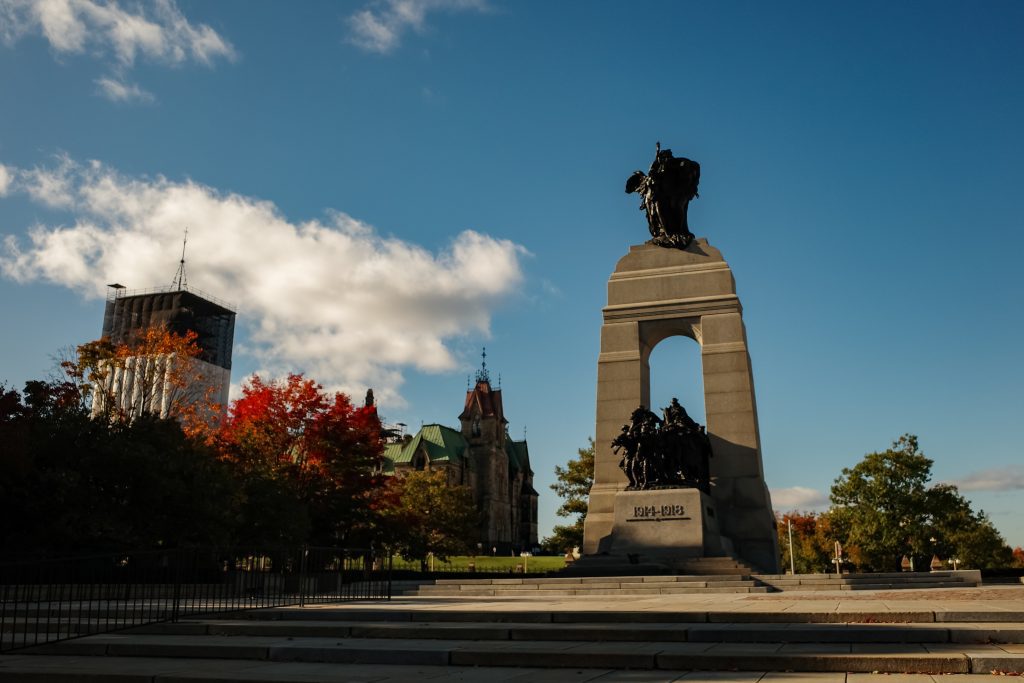- 2021-08-17
- Statement
Statement Regarding the Situation in Afghanistan and the Impacts on Canadian Veterans and Their Families

As the global community watches the Taliban sweep across Afghanistan, the Centre of Excellence on PTSD (CoE – PTSD) has been working closely with Canadian Veterans and their Families to more fully understand and appreciate the emerging impact this is having on them. Through its network, the CoE – PTSD has heard that it is important for all Veterans and their Families to hear and to feel that the public “has their backs.” It is with them, and on their behalf, that the CoE – PTSD is calling on all Canadians to be informed and prepared for the significant support many Canadian Veterans and their Families may require to process the traumatic impacts associated with events happening now in Afghanistan.
Brian McKenna, retired Warrant Officer and Veteran Advisor for the CoE – PTSD said at a time like this it is important for Canadians to understand the complexities of the situation and the impact it may have on those who served in Afghanistan, as well as on their Families. “Many of our Veterans are experiencing a range of emotions right now. Whether it’s thinking about the safety of Afghan interpreters who provided invaluable assistance during their time in the country, or learning about the ground they fought to secure now being taken by the Taliban, we know for many that this is distressing and may, in fact, be re-traumatizing.”
The impact of the current situation is also being felt by Family members of Veterans, according to Laryssa Lamrock, Veteran Family Advisor for the CoE – PTSD. “We know that it is the Families of Veterans who are on the home front helping them deal with the mix of emotions they are experiencing. Both Veterans and their Families need Canadians to understand what they are going through.”
Dr. Patrick Smith, President and Chief Executive Officer of the CoE – PTSD added that those providing mental health services to Veterans and their Families should also anticipate and be prepared to provide trauma-informed support, especially as more details come to light about this harrowing situation. Providers are encouraged to be mindful of developments in Afghanistan and to continue checking in with their clients as part of their care provision. Providers can also play a role in supporting Veterans and their Families to retain – or regain – pride in their service, amidst struggles that may be brought on by the current events.
“At the CoE – PTSD we are hearing directly from Veterans and their Families regarding what they need. The two most significant pieces are for Canadians to make themselves aware of what is happening in Afghanistan and the impact it has on our Veteran community, and that there’s a need for direct support for Veterans and their Families.”
As this is an evolving situation with the potential for long-lasting impacts, the CoE – PTSD will continue to monitor developments, listen to the needs of Veterans and their Families, and raise awareness among Canadians.
The Centre of Excellence on PTSD is an independent intermediary organization funded through Veterans Affairs Canada (VAC) to conduct research and provide CAF and RCMP Veterans, their Families, and mental health service providers with access to up-to-date evidence-based information and resources to improve mental health and well-being outcomes. The CoE –PTSD is guided by four interrelated, community-based Reference Groups comprised of Veterans, Veteran Family members, researchers and service providers.
For anyone seeking support, the CoE – PTSD recommends contacting the VAC Assistance Service, which is available 24 hours a day, 365 days a year. Veterans, former RCMP members, Families, and caregivers can call to speak with a mental health professional, free of charge, at 1-800-268-7708 (TDD/TTY: 1-800-567-5803).

Members of the Kandahar Provincial Reconstruction Team conduct a site visit to the Afghan National Police Fire Brigade station in Kandahar City.

